PepsiCo supports Israel through significant business investments, most recently acquiring the remaining 50% stake in Sabra Dipping Company from Strauss Group for approximately $244 million. This latest move builds on PepsiCo’s 15-year focus on the fresh dips category, solidifying its control over a brand that has become a leader in the U.S. hummus market.
Furthermore, this acquisition isn’t PepsiCo’s first major investment in Israeli companies. In 2018, the beverage giant purchased SodaStream, the Israeli home soda maker manufacturer, for $3.2 billion. Despite facing boycott movements, PepsiCo’s ownership strategy has continued to expand, with Sabra now generating nearly $400 million in retail sales in the U.S. while maintaining its position as the largest dips and spreads brand in America in terms of both sales volume and market share. However, Sabra’s market dominance has declined from over 60% in early 2021 to 36.6% by mid-2023.
PepsiCo’s Expanding Ownership in Sabra and Obela
The relationship between PepsiCo and Israeli food giant Strauss Group began in 2008, when they established a 50-50 joint venture to create Sabra Dipping Company. Initially, this partnership aimed to combine Strauss’s expertise in fresh foods with PepsiCo’s distribution power in North America. The collaboration marked PepsiCo’s strategic entry into the growing hummus and dips market segment.
Timeline of the joint venture with Strauss Group
Following the success of their Sabra partnership, the two companies expanded their relationship in 2011 by establishing Obela, another 50-50 joint venture focused on selling fresh dips and spreads outside North America. Obela has since established operations in Mexico, Australia, and parts of Europe. Throughout the partnership, Sabra’s production remained based at its facility in Chesterfield County, Virginia, where significant expansions occurred, including a $28 million investment in 2013 and another $35 million in 2019 to increase production capacity.
PepsiCo’s full acquisition in 2024
In March 2024, PepsiCo finalized the acquisition of Strauss Group’s remaining 50% stake in both Sabra and Obela for approximately $244 million. This complete takeover represents a significant step in PepsiCo’s strategy to strengthen its position in the refrigerated dips category. The acquisition solidifies PepsiCo’s control over a brand that has dominated the U.S. hummus market for years and aligns with its broader portfolio strategy of expanding beyond traditional snacks and beverages.
Sabra’s market share and performance in the U.S.
Notably, Sabra has maintained its position as America’s top hummus brand, though its market dominance has faced challenges. After holding more than 60% of the U.S. hummus market share in early 2021, Sabra’s position declined to 36.6% by mid-2023. Nevertheless, the brand continues to generate nearly $400 million in retail sales annually and maintains its status as the largest dips and spreads brand in America in terms of both sales volume and market share. This enduring leadership position, even amid increased competition and shifting consumer preferences, underscores the strategic value of PepsiCo’s investment in this Israeli-originated brand.
SodaStream and PepsiCo: A Strategic Israeli Investment
In 2018, Israel-based SodaStream became a significant addition to PepsiCo’s portfolio through a landmark acquisition. This strategic move solidified PepsiCo’s connection to Israeli business ventures beyond its Sabra holdings.
PepsiCo’s 2018 acquisition of SodaStream
In August 2018, PepsiCo announced its plans to purchase SodaStream International Ltd. for $3.2 billion. The deal valued SodaStream at $144 per share in cash, representing a substantial 32% premium over the company’s 30-day volume-weighted average price. At the time of acquisition, SodaStream was experiencing remarkable growth, having reported its “strongest results in company history” with a 31% year-over-year revenue increase to $172 million and an 89% leap in operating profit to $32 million. The transaction, unanimously approved by both companies’ boards of directors, was completed by December 2018.
SodaStream’s operations in the Negev region
Prior to PepsiCo’s acquisition, SodaStream had relocated its manufacturing facilities from the West Bank to the Negev Desert in southern Israel. The current factory sits approximately 20 miles from the Gaza border. Additionally, SodaStream announced plans to build another large factory in the Idan Ha’Negev Industrial Park, near Rahat. The company embraces workforce diversity, employing Palestinian workers, Israeli Arabs from East Jerusalem, Bedouins (with a focus on Bedouin women), and immigrants from various backgrounds—creating a unique model of coexistence within Israeli industry.
Continued ownership and brand independence
Under PepsiCo’s ownership, SodaStream continues to operate as an independent subsidiary. This arrangement was intentionally designed to preserve the Israeli company’s entrepreneurial spirit. As Daniel Birnbaum, SodaStream’s CEO who remained with the company post-acquisition, explained: “A lot of the big corporates realize that if they try to integrate acquisitions, especially entrepreneurial acquisitions, or startups, into the corporation, you basically kill them, you destroy the spirit”. Instead of shifting toward traditional soda products, PepsiCo maintained SodaStream’s focus on sparkling water, positioning it as an environmentally friendly alternative to bottled beverages.
Controversies and Boycott Movements
The Sabra hummus brand has faced criticism for over 14 years due to its connection with Israeli military forces. Anti-Israel activists first began protesting Sabra on the West Coast, condemning it for providing food to the IDF Golani Brigade.
Sabra’s alleged ties to Israeli military units
The Strauss Group, Sabra’s former co-owner, maintained a long-standing relationship with Israeli defense forces through its “Adopt a Warrior Program.” This initiative provided care packages, recreational equipment, and support to the Golani and Givati Brigades. Although Strauss removed this information from its English website in 2010 after public backlash, the company’s chairwoman, Ofra Strauss, once stated: “For us, Israeli soldiers are not the army; Israeli soldiers are our kids”.
BDS movement and consumer activism
The Boycott, Divestment and Sanctions (BDS) movement, launched by Palestinian civil society in 2005, identifies Sabra as an important boycott target. BDS employs non-violent economic pressure tactics inspired by the South African anti-apartheid movement. In October 2010, a flash mob entered a Philadelphia supermarket calling for a Sabra boycott, singing “Don’t buy into Israeli apartheid”.
Impact of anti-Israel sentiment on Sabra sales
Sabra’s market dominance has declined substantially, from controlling over 60% of the U.S. hummus market in early 2021 to 36.6% by mid-2023. After October 7, 2023, BDS activists intensified their 14-year-old stickering campaign against Sabra products in hundreds of North American and European stores. In the quarter ending June 2023, Sabra reported sales of NIS 110 million, down 5.5% year-over-year, alongside an operating loss of NIS 2 million.
Community-led boycott campaigns in the U.S.
Student activists at multiple universities have organized campaigns against Sabra. In 2019, Dickinson College Student Senate passed a resolution endorsing a campus ban on Sabra hummus. At DePaul University, officials temporarily removed Sabra products but later reinstated them pending review. Subsequently, student groups at Harvard, Princeton, Tufts, Marquette, and the University of Oregon have participated in similar boycott efforts.
PepsiCo’s Position and Public Perception
Through its major investments, PepsiCo’s financial connection to Israel remains evident. The company’s full acquisition of Sabra in 2024 and its $3.2 billion purchase of SodaStream in 2018 represent substantial commitments to Israeli-originated businesses.
Does PepsiCo supports Israel? A look at corporate actions
PepsiCo’s business decisions reflect a willingness to invest significantly in Israeli companies despite political sensitivities. The company maintained its joint venture with Strauss Group for 15 years before acquiring full ownership, even as Sabra faced boycott campaigns. Likewise, PepsiCo has preserved SodaStream’s Israeli identity and operations near Gaza since the acquisition, suggesting comfort with these connections.
Statements from PepsiCo and Sabra
In response to boycott movements, both companies have generally avoided direct political statements. Instead, they typically emphasize their commitment to diversity and inclusion. When faced with criticism about military connections, Sabra has historically distanced itself from parent company Strauss Group’s military support programs, positioning itself as an American-made product.
Consumer trust and brand image challenges
The declining market share of Sabra—from 60% to 36.6% within two years—indicates potential impact from boycott campaigns. Essentially, PepsiCo faces a delicate balancing act: maintaining valuable Israeli assets while addressing concerns from consumers opposed to these connections. The company must navigate consumer activism while protecting significant investments in Israeli-originated brands that remain important parts of its global portfolio.
This article is part of our in-depth series on companies linked to Israel. For the full breakdown, see our main report: Food Companies That Support Israel
Final Thoughts
Beyond its business investments, PepsiCo has taken humanitarian steps during conflicts in the region. In response to violence affecting Israel and Gaza, the company pledged a $1 million donation to humanitarian organizations focused on urgent relief efforts in both areas. Moreover, the PepsiCo Foundation implemented a 2:1 matching program for employee contributions to eligible nonprofits providing direct assistance.
As a result of these collective efforts, PepsiCo system donations exceeding $3 million have been directed to those most affected by the conflict. Meanwhile, the company’s market teams and bottling partners throughout the region support humanitarian relief through local organizations.
In fact, experts warn that boycott movements may cause long-term damage to consumer loyalty. “If you break habits, it’s going to be harder to win you back in the long run,” notes Paul Musgrave, an associate professor at Georgetown University in Qatar.
Ultimately, regarding whether PepsiCo explicitly supports Israel politically, available evidence suggests the company operates primarily with business motives rather than political positioning. Corporate statements emphasize that PepsiCo “does not involve itself in political affairs” and focuses on delivering products worldwide. This stance reflects the complex reality where global corporations must balance market presence, consumer expectations, and regional tensions across diverse operations.
FAQs
1. How does PepsiCo support Israel?
PepsiCo supports Israel through significant business investments, including full ownership of Sabra Dipping Company and SodaStream. These Israeli-originated brands contribute to local employment and economic activity.
2. When did PepsiCo acquire full ownership of Sabra and Obela?
PepsiCo finalized the acquisition of Strauss Group’s remaining 50% stake in Sabra and Obela in March 2024 for approximately $244 million, completing its long-term investment in the refrigerated dips category.
3. What is Sabra, and why is it significant?
Founded as a joint venture in 2008 between PepsiCo and Strauss Group, Sabra is the leading hummus and dips brand in the U.S. It generates nearly $400 million in annual retail sales and historically held over 60% of the U.S. hummus market.
4. How has Sabra’s market share changed over time?
Sabra’s market dominance declined from over 60% in early 2021 to 36.6% by mid-2023, partly due to increased competition and BDS-led boycott campaigns.
5. What is Obela, and where does it operate?
Obela is a joint venture launched in 2011 to sell fresh dips and spreads outside North America, with operations in Mexico, Australia, and parts of Europe.
6. What was PepsiCo’s involvement with SodaStream?
PepsiCo acquired SodaStream in 2018 for $3.2 billion. SodaStream manufactures sparkling water products in the Negev Desert, Israel, employing a diverse workforce including Palestinians, Bedouins, and immigrants.
7. Has PepsiCo faced boycott movements over its Israeli investments?
Yes. Sabra has been targeted by the BDS movement for alleged ties to Israeli military forces. Anti-Israel activism, including student-led campaigns, has affected brand perception and contributed to declining market share.
8. Does PepsiCo politically support Israel?
PepsiCo emphasizes business and operational motives rather than political positioning. The company has maintained Israeli operations and investments but officially avoids involvement in political affairs.
9. How has PepsiCo responded to humanitarian concerns in the region?
PepsiCo has donated over $3 million to humanitarian organizations assisting victims in both Israel and Gaza, including a $1 million corporate pledge and employee donation matching programs.
10. What is the strategic significance of PepsiCo’s Israeli investments?
PepsiCo’s acquisitions of Sabra and SodaStream expand its presence in the fresh dips and sparkling water markets, strengthen its North American and global portfolio, and leverage Israeli-originated brands with established consumer recognition.

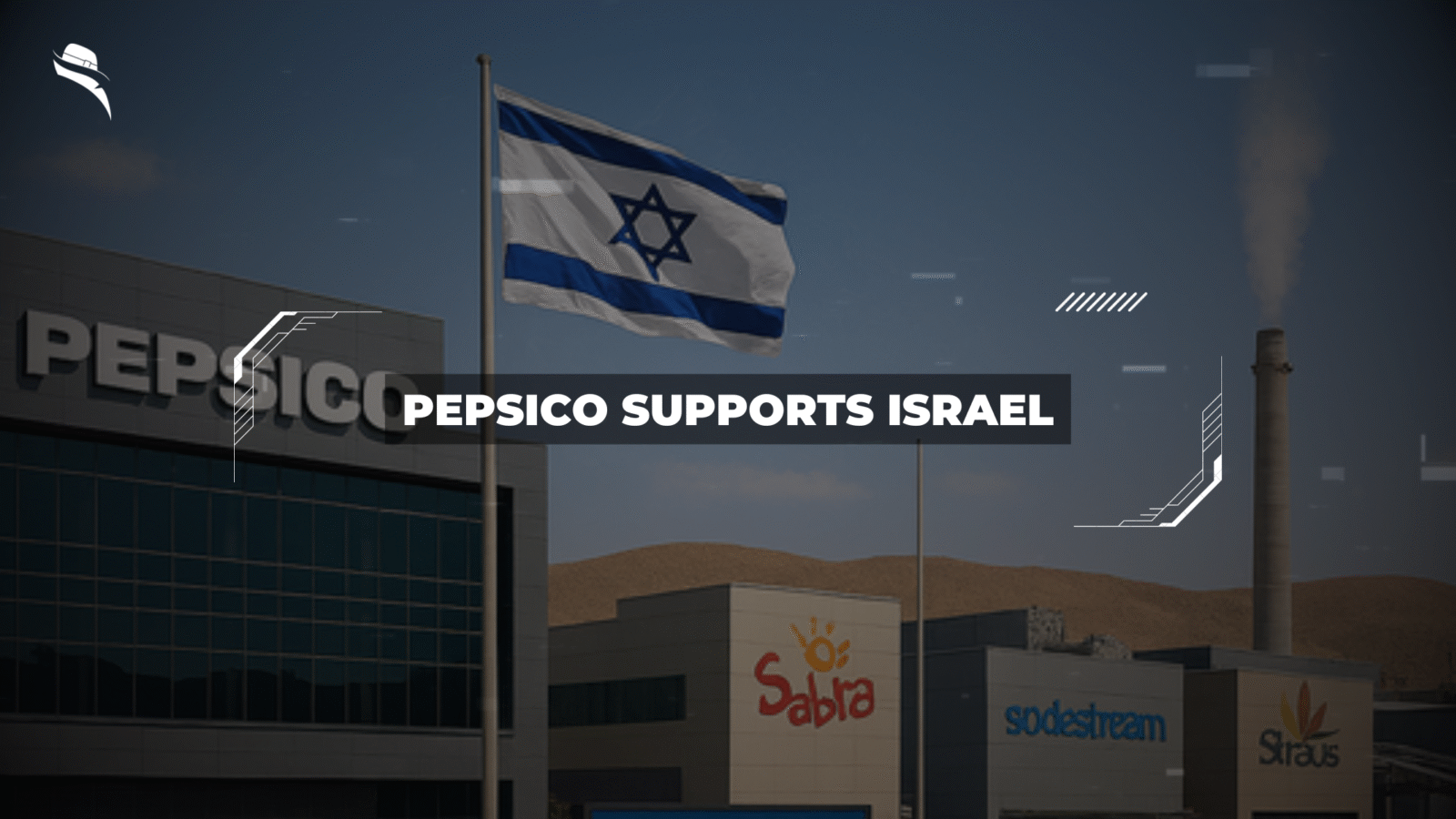
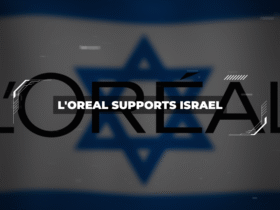
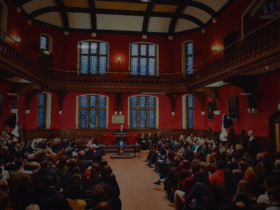
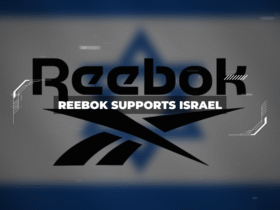
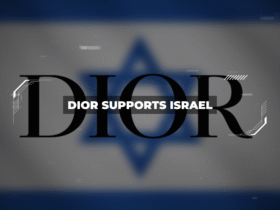
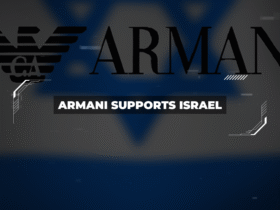
Leave a Reply